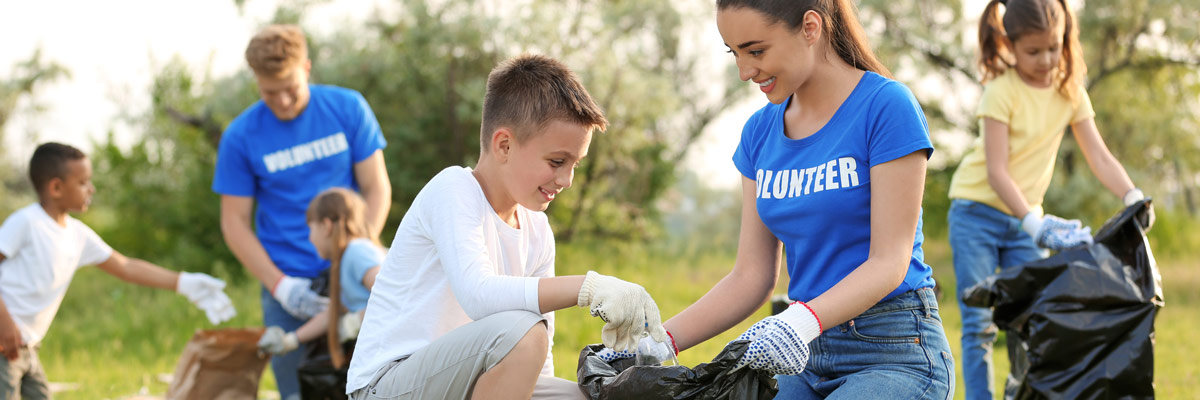
Article at a Glance:
In this series, we’ll be looking at ways to help teach children and teens resilience. It can be difficult to process disappointment, trauma, stress, anxiety, or depression and all of the negative feelings that can come with it. Resiliency will help children and teens deal with these negative feelings in a healthy and appropriate manner. Resilience is a skill, and like any skill, it can be strengthened through practice.
In uncertain times, being of service to others can help restore a sense of control and combat the feeling of helplessness that often accompanies unpredictability. These acts can be as small as doing something for a family member, or they could be larger community-based activities. Some ideas for acts of service are:
Young children can learn the benefits of service without even leaving home. Model and reward service around the house with a sticker chart special award.
Littles may be oblivious to all the things you and your spouse do for one another, so make a point of recognizing them verbally each time. Bonus: Your spouse will appreciate it too.
For opportunities closer to home, think of ways for your children and teens to help you and each other. Allow them to plan and prepare a family meal. Help them brainstorm ideas for helping their classmates. Encourage them to perform tasks for elderly neighbors such as raking leaves or mowing the lawn.
Whatever tasks they choose should help them feel empowered through positively impacting others. The more empowered they feel, the stronger their resilience will become.